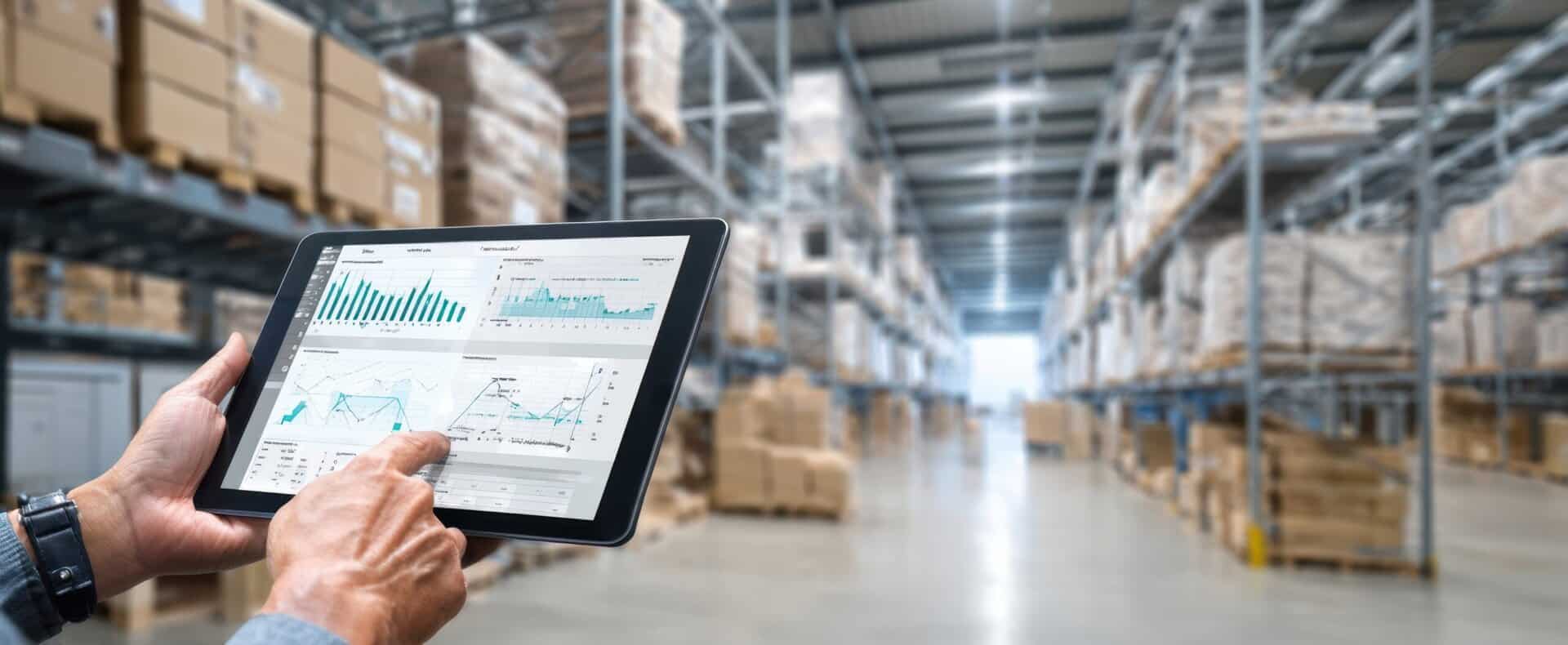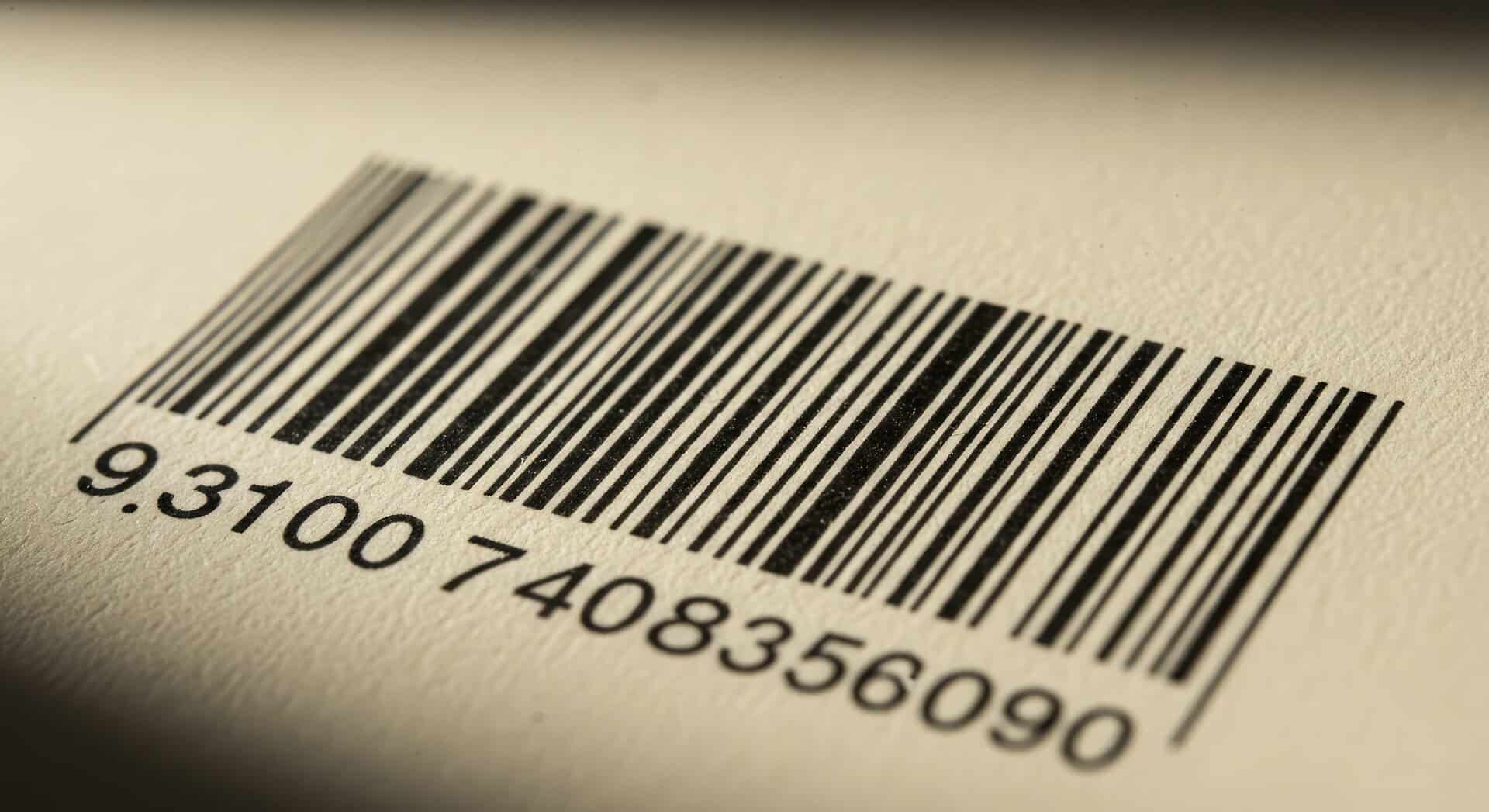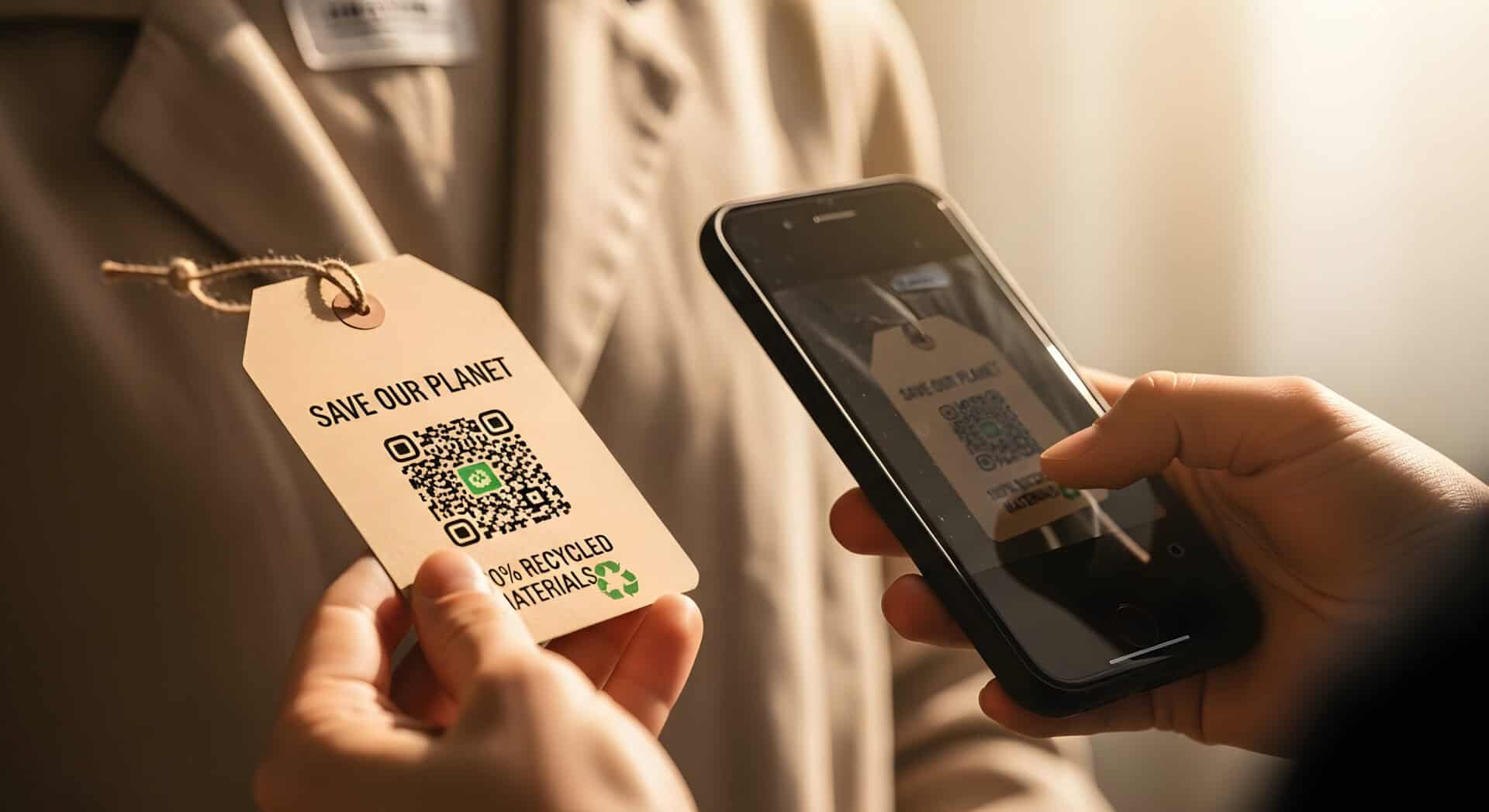Tablets are one of the fastest growing rugged device form factors. According to VDC research, the market for rugged tablets grew 16% in the second quarter of 2014 over the previous year. Enterprises have begun to deploy tablets across their supply chain operations to improve performance.
Rugged tablets provide the portability of the handheld computers that have traditionally been used in supply chain applications, but with a full Windows operation system, larger touchscreens, embedded broadband and GPS, and access to a broader suite of applications and functionality than are possible on smaller phones or mobile computers. At the same time, they are much easier to use in a vehicle, in the field, or in a warehouse than a laptop or notebook computer. They also provide better processor performance, making them faster and more responsive.
The latest generation of rugged tablets can also be used in a broad swath of applications, providing real-time tracking of goods and merchandise from the point of manufacture through shipping, and right to the retail floor.
Manufacturing: Engineers and supervisors equipped with rugged tablets on the shop floor can access engineering schematics and perform work-in-process tracking that keeps management, suppliers, and customers updated on the status of specific orders.
Warehouse Management: Rugged tablets provide a more flexible and, in some cases, lower-cost alternative to forklift-mounted terminals and fixed-station computers. With integrated support for barcode scanning, RFID, and wireless LAN communications, tablets can be used for picking and packing, as well as shipping, receiving, and quality management applications.
Transportation and Delivery: With rugged tablets, shippers and carriers can completely eliminate paper from the truck cab. Tablets can automate Department of Transportation hours of service (HOS) tracking, driver logs, and pre-trip inspections, while simultaneously providing onboard GPS and turn-by-turn directions, dispatch and scheduling information, and inventory and invoicing capabilities – all on one device.
With built-in GPS on tablets, companies can track their trucks and shipments in real time, ensuring accurate updates for customers on arrivals and departures at facilities. Both long-haul trucking firms and last-mile delivery providers are using tablets to deliver these capabilities, while mobile device management solutions help them secure, monitor, and optimize the use of these devices across their fleets.
Retail: Tablets not only support barcode and RFID scanning, but can also provide credit card processing and other retail functions. Armed with rugged tablets, retailers are able to use a single platform for shipping and receiving in the back of the store, as well as inventory management, line busting, promotion tracking, and even mobile point-of-sale on the sales floor.
Durability Makes a Difference
Not all tablets are designed for these environments. For supply chain and other line-of-business applications, using a rugged tablet versus a consumer-grade device like an iPad can have a significant impact on the total cost of ownership of a solution.
Rugged devices can last five or more years in the harsh conditions of a warehouse or the inside of a delivery truck. Commercial grade devices exposed to the same environments may have to be replaced annually, or in some cases, monthly. According to data from VDC, rugged tablets equipped with advanced features such as RFID technology have a failure rate of below 5% in line-of-business applications, compared to the more than 15% failure rate of non-rugged devices in the same applications, resulting in nearly double the total cost of ownership for non-rugged tablets.
Rugged tablets provide a powerful computing platform to improve operations across the supply chain. While not every application or end user is a fit for tablet computing, these devices provide a new level of computing power and flexibility in supply chain applications.


